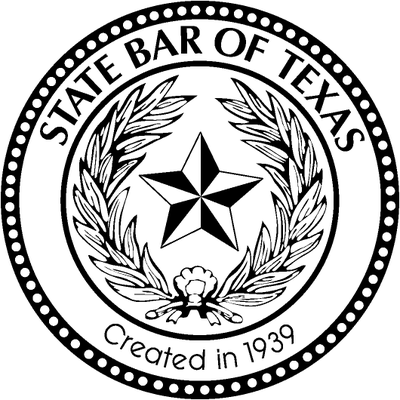Welcome to Texas Business Matters! This is our third blog in a ten-part series on non-competes. In our last blog, we addressed the difference between non-compete, non-solicitation, and non-disclosure agreements and how to determine if your business needs a non-compete. In this blog, we will discuss the remedies that an…
Read More
Trade secrets are the kind of information that, if end up in the hands of a competitor, could spell disaster for your business. A common example is the Coca Cola recipe. Other examples include customer lists, pricing information, and business strategies. Under Texas law, it is illegal for an employee…
Read More
In Texas, if you work for a private employer, it is often perfectly legal for the employer to fire you for reporting illegal activity. However, there are some notable exceptions to this general rule. One is section 260A.014 of the Texas Health and Safety Code. This 2011 statute prohibits discrimination…
Read More
In April, I wrote about the enforceability of forfeiture clauses in an article published in Texas Lawyer and reprinted with permission here. A forfeiture clause requires an employee to forfeit his right to compensation if he engages in activity detrimental to the company, such as working for a competitor. In…
Read More
Executive employment contracts and severance agreements often include a forfeiture clause. These so-called "bad boy" clauses require the employee to forfeit his right to compensation if he engages in activity deemed detrimental to the company, such as working for a competitor. A case pending before the Texas Supreme Court could…
Read More
I had a great time speaking to the Manor Chamber of Commerce last week on sexual harassment. One of the members asked a good question, which is: do the laws governing sexual harassment apply to volunteers? Generally, the answer is no. Title VII and the Texas Commission on Human Rights…
Read More
My toddler’s favorite book right now is Where the Wild Things Are, by Maurice Sendak. In Where the Wild Things Are, we meet Max. Dressed up in his wolf suit, Max creates mischief of one kind (he ties a sheet into knots and nails it to the wall to make…
Read More
As a business and employment litigator, I am interested in conflict and its resolution. I was stunned when I heard about the Sandy Hook shooting. I asked myself: why did this happen? How could someone commit such atrocious acts? How can we prevent such atrocities in the future? I once…
Read More
This week, the U.S. Supreme Court decided a case that involves two hot topics in employment law: arbitration agreements and noncompetes. In Nitro-Lift Technologies, LLC v. Howard, two employees who worked in Oklahoma signed a noncompete with their employer at the time, Nitro-Lift. The noncompete included an arbitration clause. The…
Read More
Welcome, guest blogger Dr. Andrew Cook! Andrew is a senior director in the Economic Consulting segment of FTI Consulting. He specializes in economic and statistical analysis to clients involved in litigation, arbitration, mediation and other contexts where parties are engaged in complex business disputes. Andrew is a labor economist with significant experience…
Read More









